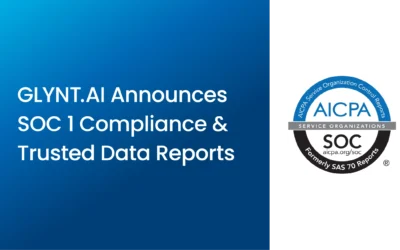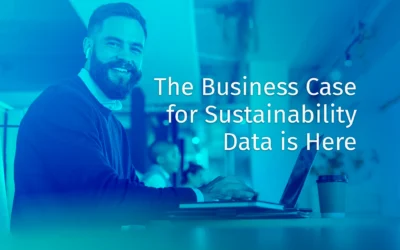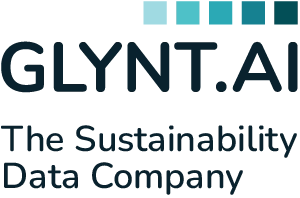How recent moves by Moody’s, MSCI and Bloomberg put more pressure on companies to report their sustainability data
Last week Moody’s and MSCI announced a partnership that provides investors easier access to sustainability data reported by public and private companies (1). Over 1000 potential data points per company from CSRD filings will now be easily accessible to investors on these platforms. One week earlier, Bloomberg announced that this data is available on their platforms (2).
And, the Moody’s/MSCI announcement goes further: Subscribers now have access to the sustainability data assigned to the 500 million entities in the Moody’s universe, e.g. every financial instrument tied to a public or private company.
The data announcement solves a key challenge for reporting companies, particularly those with large investment holdings (e.g. big tech) and those in the financial services sector. Category 15 of Scope 3 requires emissions reporting, prorated by share of ownership, for all public and private company holdings. This is known as financed emissions. Now Moody’s and MSCI can provide that data to you!
But what if the company did not report any sustainability data? Then Moody’s and MSCI will use estimates. Sounds great, but studies show that investors can’t make money on estimated sustainability data (3).
The bottom line for financial service companies and those holding a portfolio of public and private assets: Your Scope 3, Category 15 reporting job just got a lot easier. But you’ll need to get actual, audited sustainability data from your key holdings.
The bottom line for reporting companies, both public and private: The infrastructure for rapid and widespread access to sustainability data has been set. Financial markets are moving to a new stage, with the everyday use of sustainability data in investor decisions. If you don’t provide actual, audited, reliable sustainability data, using second-rate estimated data won’t tell your story.
The stakes for reporting companies just got higher. Are you ready?





